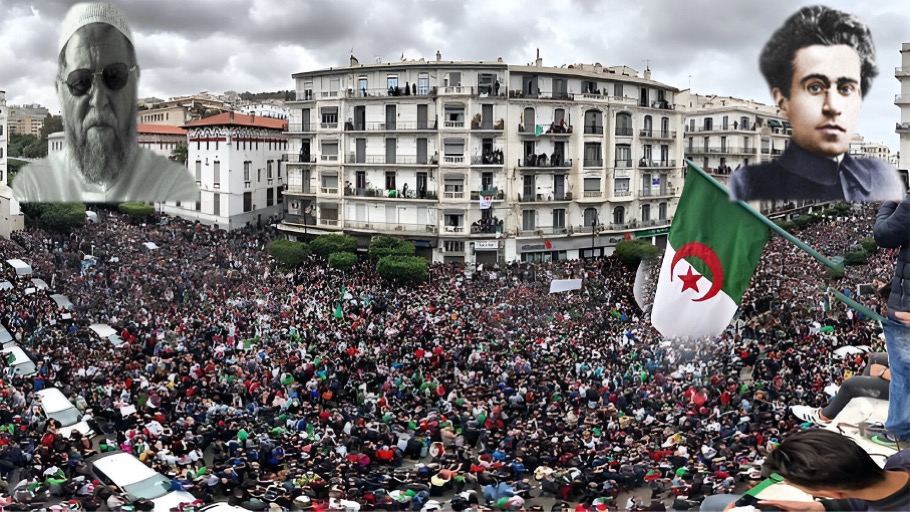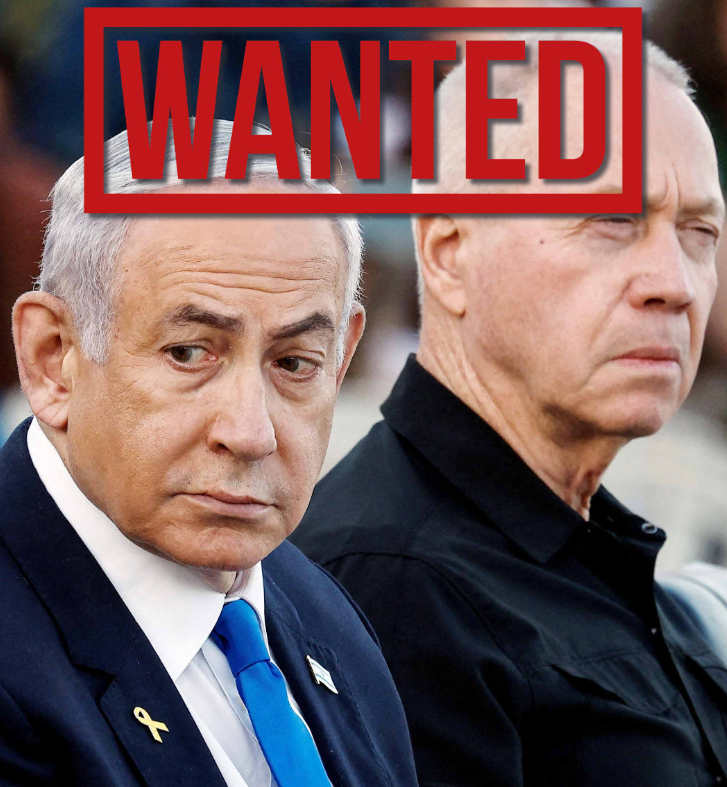History teaches men the harshness of great achievements and sometimes the mirage of their realization, but it justifies invincible hope.
Jean Jaurès – French politician (1859 – 1914)
Incomparable pain inflicted by History, the 1990s remain a political cataclysm for Algeria, measured by the terrible violence that mourned Algerians in their flesh and in what they hold most dear.
The question of the origin of this surge persists in the Algerian intellectual landscape. What contribution can Gramsci’s thought make to understanding this drama? Antonio Gramsci, founder of the Italian Workers’ Party, was arrested in 1926 and died in prison in 1937. During his incarceration, he developed a political theory, published posthumously in a book with the evocative title Prison Notebooks. His approach will be used to deconstruct pre-crisis events of Algeria during the 90s.
The national defeat of Algeria in the 1990s went far beyond the political debacle that unleashed violence, perceived by the protagonists of the time as the only means to seize and maintain power. Its origin lay in the assaults of the Islamist movement as an emerging historical bloc, contesting the power of the existing entrenched bloc.
Antonio Gramsci argues that any political change requires first and most an intellectual elaboration that outlines a vision and a procedure for seizing and maintaining power. The intellectual is the beating heart of this activity.
The intellectual is seen here as the one who organizes and theorizes the hegemony of a social group, thus transforming it into a historical bloc. The hegemonic function is the function by which a group positions itself as the vanguard and leader of society, not necessarily succeeding. By militating at all levels, in the educational system, the media, and culture, the intellectual ensures passive, if not active, adherence of all strata of society.
To do this, he must disseminate his conception of life, its possibilities, highlighting the values shared by all as the bond linking the emerging contending bloc and the candidate for power. One initial weakness of the Islamist movement in Algeria could thus be explained by the absence of intellectuals capable of organizing it to a hegemonic level, rather than just a theological and ethical level.
In light of Gramsci’s political theory, the failure of peasant revolts in northern Algeria in the 19th century can be explained by the absence of intellectuals within them capable of giving a permanent character to these revolts. It should be noted that the intellectual is the one who, by his function, permanently organizes a social group. According to Gramsci, in a nation, civil society ensures a hegemonic function, obtaining consent, adherence, or support from other social strata.
Conversely, political society ensures functions of domination, characterized by the use of coercive means (police, justice, army, etc.). In both cases, these functions are embodied and exercised by intellectuals, from the officer to the academic. The two structures – civil society, political society – and their two functions – hegemony that creates consent and coercion that creates obedience – are complementary, in variable interactive processes. The weaker the overall consent, the weaker civil society, the more one relies on the State, on political society.
Thus, the dominant historical bloc, through its control over the State and the economic sphere, produces many specialized intellectuals, playing propagator roles at all levels of society. It is said to disseminate its Doxa. Being aware of this dichotomy is already being able to modify it and transform social structures that require consciousness, but also the will to resolve conflicts.
Without intellectuals, there is no transformation. Firstly, the intellectual raises awareness among communities whose interests may diverge by presenting a homogeneous and autonomous world-view. The intellectual is therefore not the reflection of a social stratum: he plays a mediating role to make a naturally heterogeneous conception more homogeneous. The intellectual effort is more demanded to a greater extent by the contending bloc, candidate for power and bearer of change. It must choose between only two options: war of movement or war of positions.
The first refers to seizing power through violence, the second through the construction of a consensus, called historical consensus. Within a 30-year interval, Algeria missed two historical consensuses. In 1962, the emerging historical bloc took power through violence. In 1992, the ruling historical bloc retained power through the same violence.
Beyond the political debacle, it was also the debacle of the nation, the most deadly of which was in 1992. The dominant historical bloc, having control of political society, never thought one day to hand over or share power democratically. The war of movement is thus conceived as a forced stage, which should not prevent the emerging historical bloc from using political action, notably as a means of propaganda among other groups aspiring to change, in its relationship with the existing historical bloc.
For Gramsci, the decisive element of the situation remains the organized and permanently mobilized elite, prepared for a long time. If the emerging historical bloc is not homogeneous, centralized, and ideologically aware, the existing historical bloc will physically exterminate the opposing side and terrorize the masses without reserve.
Beyond this narrative, the following hypothesis that was advanced: the immense disarray of the political movement of the 1990s was primarily due to a defeat in the intellectual field.
The Islamist movement failed to constitute itself as a sufficiently strong historical bloc, endowed with societal hegemony, forged and preached by a class of organic intellectuals. This failure refers to the historical blindness of its first leader.
In conclusion, even though Abbassi Madani did not gratify us with his Prison Notebooks, he should at least have read those written by Antonio Gramsci to prevent, if not restrict, the great debacle announced for the nation, whose Algerian people suffer the ravages to this day.
Khaled Boulaziz



